To launch our initiative A World Without Cages, we consider the literature of incarceration with writers like Brandon Shimoda, Nina Sharma, and Zaina Alsous.
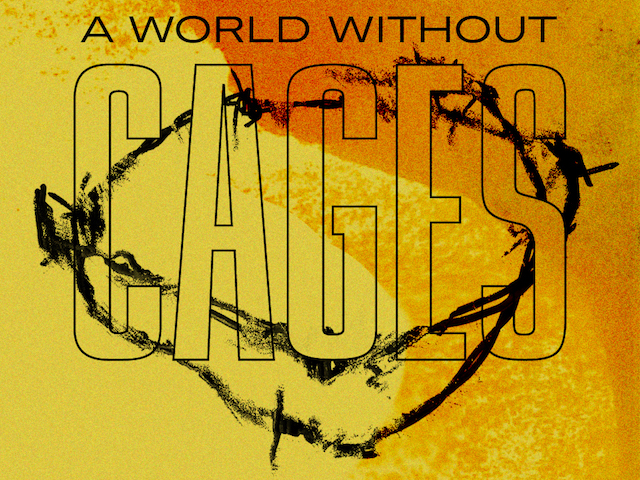
December 10, 2018
Jackie Wang, the poet and prison abolitionist, was once asked in an interview with AAWW what it means to “cage people.” She said, “If we agree that people have certain basic needs—the need for meaningful activity, time in nature, the ability to socialize with people, the ability to work towards something in their lives—to me, then, prisons seem anti-life.”
In a world of twisted politics and gaping loopholes, being caged can mean literal incarceration, or the figurative imprisonment of being unable to migrate, or return home. A World Without Cages, a new initiative from AAWW’s arts and ideas magazine The Margins, hopes to be a platform for literature by and about the incarcerated. From Arizona to Guantánamo, from Japanese American incarceration to prison abolition, we’re kicking off the project by digging through the AAWW archives for interviews, essays, and stories that have shed light on incarceration and immigrant detention.
The writings below, listed in the order that they first appeared, cross-examine the many definitions of confinement, and pose arguments for liberation on all fronts. Freedom from confinement does not always mean freedom from subordination and oppression. Life after incarceration can be shrouded in doubt and insecurity. We’ll continue to explore these themes over the next two weeks.
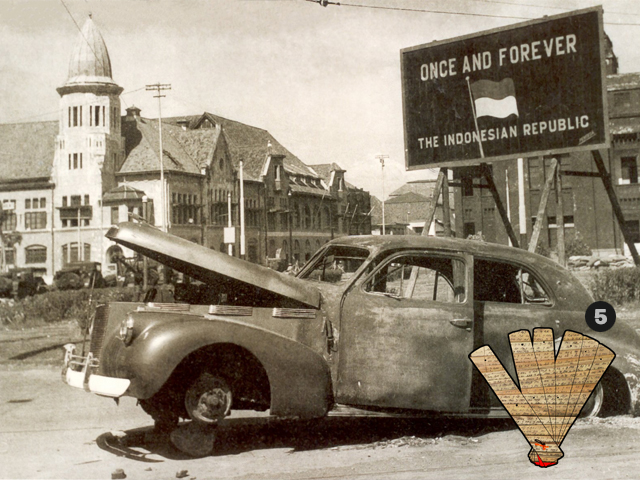
History Through Invention: Iksaka Banu’s “Farewell to Hindia” by Isaka Banu, January 26, 2016
“When the Japanese were in power, I realized that the Dutch East Indies with all of its aristocratic ways, was finished. I must have the guts to say goodbye to it. And whatever fate befalls me, I will remain here.”
“Farewell to Hindia” is one story amongst many in A Shooting Star and Other Stories, a short story collection from by Isaka Banu published by BTW Books. A shooting star might be the exact symbol for what these stories hope to do: inspire hope by making visible a history of Indonesia that was hopeless for a long time. Japanese occupiers incarcerated Dutch civilians during the war. Some of those civilians were slaughtered by so-called freedom fighters, who fought to gain back Indonesia’s independence. Banu does not aim to make sense of the why’s and how’s, but as critic Kendisan Kusmaatmadja says, Banu’s stories “concern themselves with the particulars of history that tend to elude history books, spaces retrievable only through invention.”
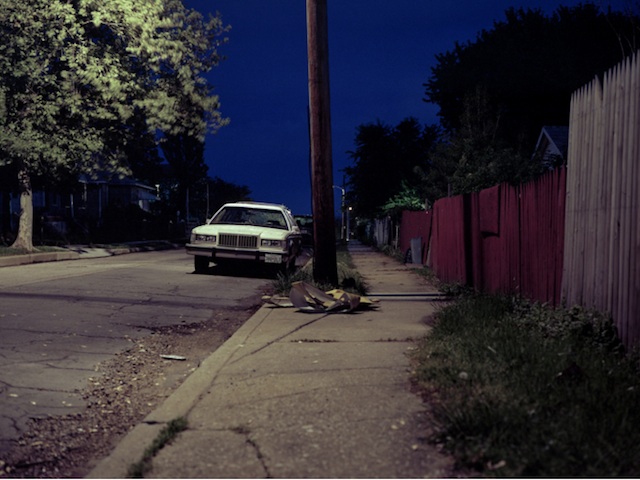
Foraging by Aditya Desai, February 5th, 2016
“Foraging” is a story about justice, honesty, and the ways that the places we’re from shape the paths of our lives. An excerpt from a novel by excerpt from DC-based writer Aditya Desai, “Foraging” follows the life of Abdi, a formerly incarcerated man from East Baltimore, as he tries to navigate life outside of confinement—as well as the aspects of his life that prevent him from ever being free. “He only had to go a little south to lose two years from his life in a parallel universe.”
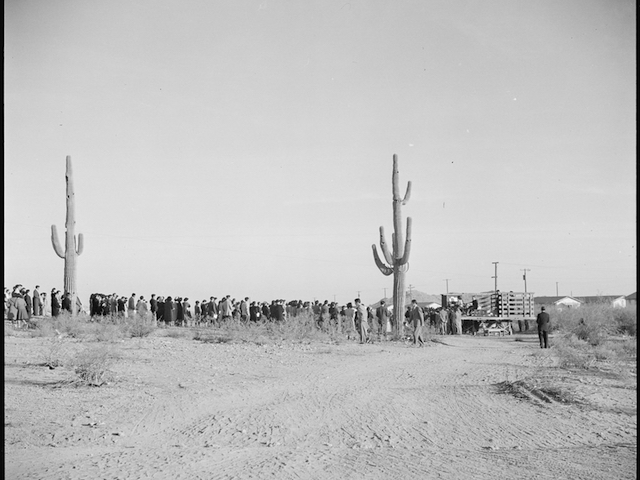
“State of Erasure: Arizona’s Place, and the Place of Arizona, in the Mass Incarceration of Japanese Americans” by Brandon Shimoda, January 20th, 2017
The grandfather of Brandon Shimoda, a poet and AAWW contributor, was incarcerated in a U.S. concentration camp during World War II. Shimoda gave this talk on Inauguration Day at the Holocaust History Center, part of Tuscon’s Jewish History Museum. He starts with a string of acknowledgements, recognizing people and histories of Arizona that the U.S. has tried to erase. Then he turns to stories, both personal and historical, about Japanese American incarceration. Shimoda issues a reminder that the citizenship, not only of Japanese Americans but “of all citizens of color and their descendants, has always been provisional and probationary.”
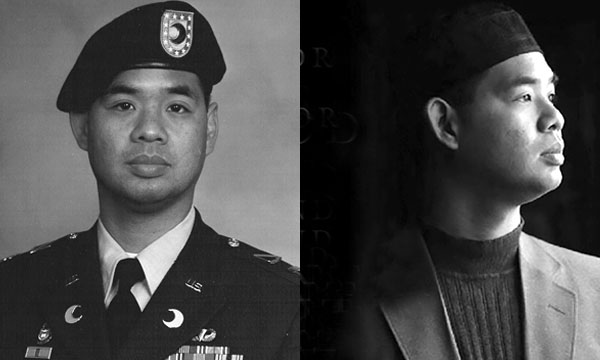
“From Prison Chaplain to Imprisoned Chaplain” by April Xu, July 4th, 2017
While serving as a captain and Muslim chaplain in the U.S. Army, James Yee was stationed at Guantánamo Bay detention camp. But after he reported acts of torture to his superiors, he was arrested, detained, and court-martialed on suspicion of spying and aiding terrorist groups. In AAWW’s Open City, Yee speaks to journalist April Xu about his experiences at Guantánamo, and the role that his Muslim and Chinese identity played in his detention.
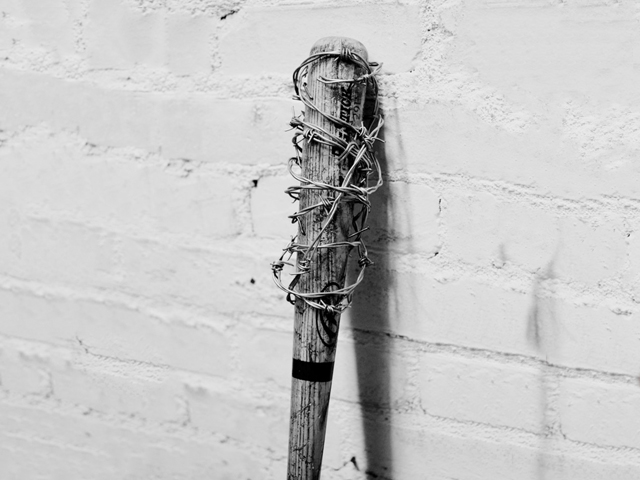
“Not Dead” by Nina Sharma, July 20th, 2017
In 1982, two white autoworkers carried out a fatal beating of Vincent Chin, a Chinese American resident of suburban Detroit. In a surreal and unconventional piece, Sharma draws parallels between Chin’s death and the violent murders of Glenn Rhee in the television show The Walking Dead. “I sometimes think about why we found Glenn’s death so surprising. It echoes a question I often ask myself–why do I find racism so surprising?” questions Sharma. “And a question I have been afraid of asking–why did Vincent find Ebens and Nitz so surprising—enough at least to throw a punch?” Sharma contends with larger questions as well as personal ruminations: “Can I even like a show like this? I wondered then. What are we but the past we carry? What constitutes our stories? Our survival?”
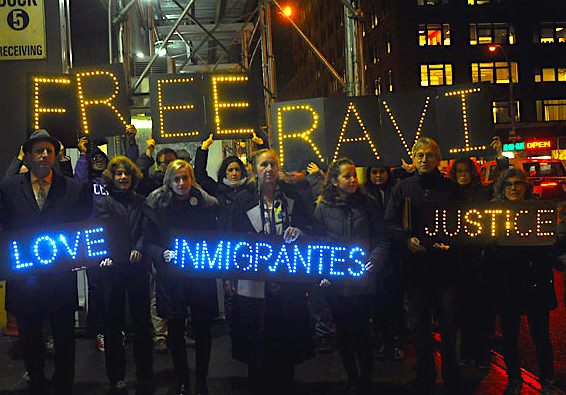
“When Convictions Follow Immigrants for Life” by Roshan Abraham, May 22, 2018
Are immigrants ever free in America? In this piece, Abraham draws on a speech by Ravi Ragbir, an activist detained by Immigration and Customs Enforcement due to prior convictions. He recounts the experiences of immigrant detainees and considers DACA, ICE, and the power dynamics that swirl around immigrants to the U.S. “I think it’s a misunderstanding of who is in the deportation system,” an attorney tells Abraham. “A lot of immigrants are in over-policed, low-income neighborhoods. The criminal system and immigration system is so intertwined.”

“Imagining Abolition: A Conversation with Jackie Wang” by Mark Tseng-Putterman, May 30th, 2018
Mark-Tseng Putterman talks about policing and prisons with Jackie Wang, author of Carceral Capitalism, a book of essays on the contemporary continuum of incarceration. Wang cites thinkers like Cornel West as she challenges twenty-first century racial capitalism, and explores concepts like the distinction between the catastrophic and the problematic. These essays are fervently researched, critically and socially engaged, and come from a personal part of Wang’s life “I was talking to my older brother, who’s in prison, on the phone last night,” she writes. “He told me about a friend who was put in solitary recently because he had a mental breakdown after the prison administration stopped allowing him to have visitations from his children.”
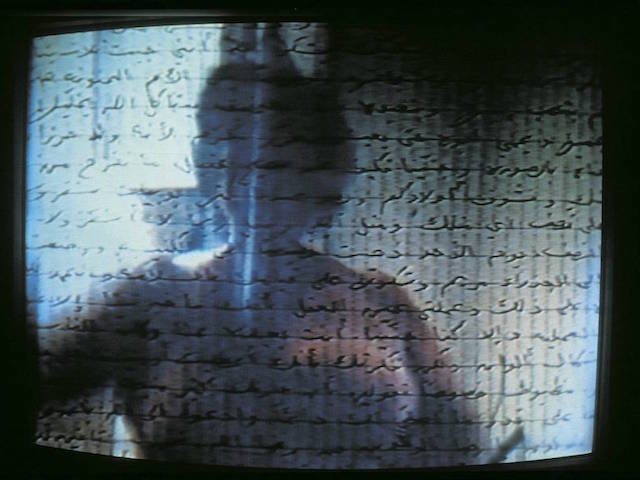
“Letter From An Absence I Begin With” by Zaina Alsous, November 12th, 2018
“Outside of the spectacle of history, exile feels mostly shapeless, mundane, though it hangs like drapes over the windows….” So begins “Letter From An Absence I Begin With,” an essay by Palestinian author Zaina Alsous that won the 2019 Etel Adnan Prize. Alsous details resistance movements advanced by Palestinians—including the recent Great March of Return, a protest centered in Gaza demanding the right to return to homes seized by Israel. Stitching together the works, words, and sentiments of thinkers across the landscape of thought—from author Kevin Quashi and photojournalist Mohammad Zaanoun to artist Mona Hatoum—Alsous considers her own role within these movements. “Palestine—a place my parents and I have never seen, yet still feel wholly accountable to.”
